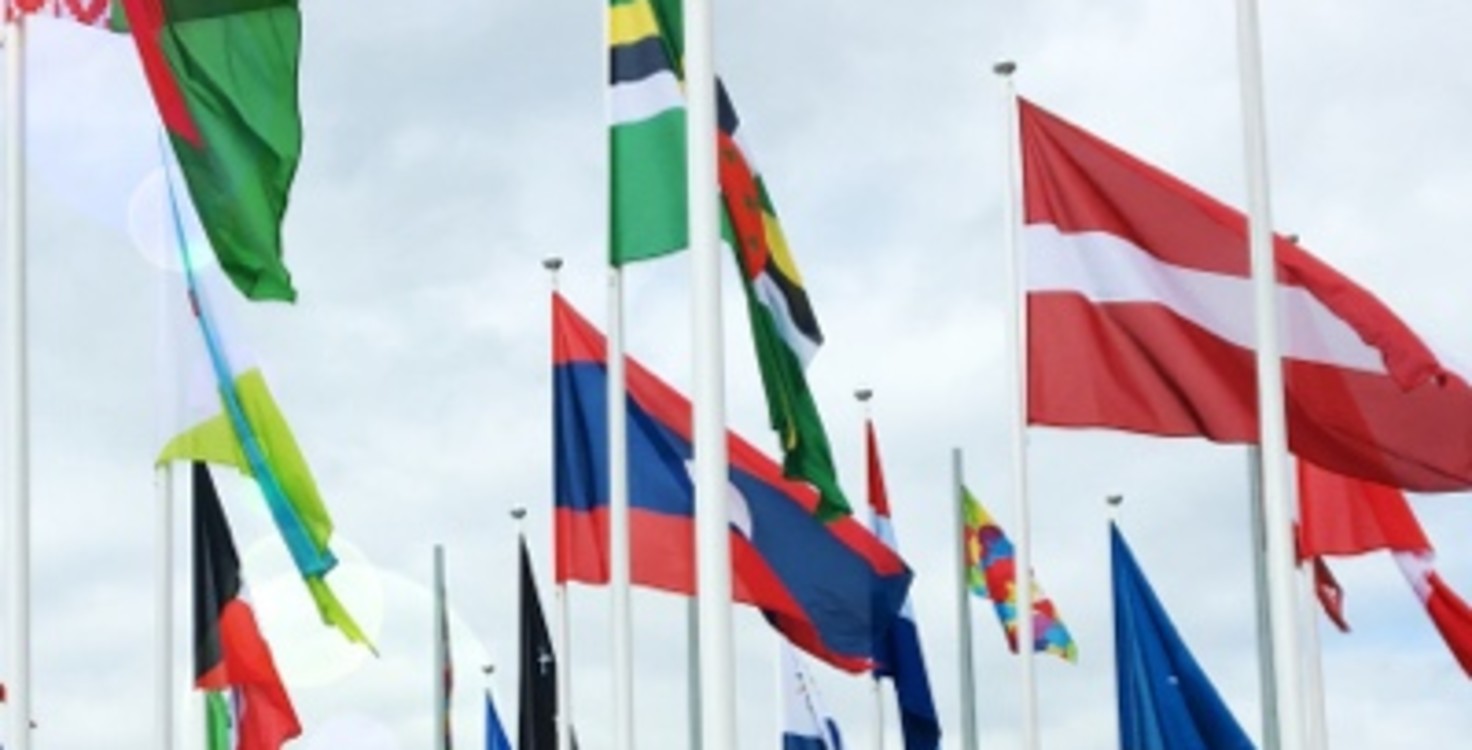G20 finance ministers urged to reform agricultural subsidies in line with Paris climate commitments and Kunming-Montreal commitments on biodiversity.
Investors call on G20 to meet COP15 biodiversity obligation to phase out or repurpose harmful agricultural subsidies by 2030
Statement sets out four practical steps for governments to align subsidies with climate and nature goals
The latest statement follows FAIRR’s successful call last year for the UN Food and Agriculture Organization to publish an IEA-style 1.5°C roadmap for agri-food sector
Investors representing $7.3 trillion in combined assets have signed a statement calling on G20 finance ministers to align agricultural support with climate and nature goals by 2030, citing the material financial risk to portfolios if the goals are not achieved. The statement is the latest policy engagement from the $70 trillion-backed FAIRR Initiative investor network.
Supported by 32 investors, including Legal & General Investment Management (LGIM) and BNP Paribas, the statement calls for the repurposing of agricultural subsidies to align with government, multilateral, and private sector commitments to transition to net zero and protect and restore nature by 2050. Subsidy reform is essential for investors with a long-term investment horizon – with climate change and biodiversity loss representing systemic risks to portfolios.
Subsidies and other incentives make up around 15% of total agricultural production value globally, and can incentivise the over-production and over-consumption of greenhouse gas-intensive agricultural products. For example, livestock receives nearly 20% of EU agricultural subsidies despite accounting for 50% of the bloc’s agricultural emissions.
The UN has identified almost $470 billion of annual subsidies that are price distorting and environmentally and socially harmful, representing 87% of all agricultural subsidies worldwide. Subsidy regimes are estimated to drive $4-6tn of economic costs per year through damage to nature.
The EU’s Common Agricultural Policy (CAP), for example, receives a third of the entire EU budget. Yet the European Court of Auditors has found little progress on reducing emissions, which haven’t changed significantly since 2010, despite €100 billion being attributed specifically to climate mitigation and adaptation.
The statement calls for G20 finance ministers to take four practical steps to reform subsidies:
Link financial support with environmental obligations;
Shift current incentives away from the production of climate- and nature-damaging agricultural products, instead incentivising those that put a value on sustainable agriculture;
Shift subsidies away from the production of products with high greenhouse gas emissions like dairy or red meat;
Increase funding for workers impacted by reforms to ensure a just transition.
Jeremy Coller, Founder, FAIRR Initiative, said:
“Globally, governments are setting bold climate and nature goals, but in the same breath are undermining those ambitions with almost $500 billion in harmful agricultural subsidies for high-emitting commodities such as red meat.
“It’s time for the G20 to listen to investors’ call to support a sustainable food industry and offer reassurance that governments' left hand knows what the right hand is doing. We need to realign subsidies to nature goals to support a transition for farmers and to ensure a level regulatory playing field for alternative proteins and other sustainable solutions."
Dr Helena Wright, Policy Director, FAIRR Initiative, said:
“Governments are subsidising a broken food system which is the primary driver of biodiversity loss globally. Given that an estimated $44 trillion of economic value relies on natural services like pollination and fresh water this presents an enormous material risk to the value of long-term investment portfolios.
“The Kunming-Montreal Global Biodiversity Framework agreed at COP15 last December sets out clear and timebound targets for reforming subsidies in a just, fair, effective and equitable way. Investors are calling on the G20 to lead by example and ensure these commitments are met – to the benefit of the climate and nature.”
Rachel Crossley, Head of Stewardship, Europe, BNP Paribas Asset Management, said:
“Climate change and nature loss are having substantial negative impacts on the real economy and present systemic risks to the capital markets. The food system is responsible for more than a third of global greenhouse gas emissions and is the leading threat to 86% of species at risk of extinction. Countries’ agricultural subsidy regimes have been found to drive many of these impacts.
“As a major asset manager investing across the global food system, and committed to addressing climate change and nature loss through stewardship and engagement, we urge the G20 to implement wholesale reforms to current regimes and to repurpose subsidies to facilitate the delivery of global climate and biodiversity commitments. This will help to protect both the future of our planet and the financial security of our clients.”
Alexander Burr, ESG policy lead at Legal & General Investment Management (LGIM), said:
“As a major long-term investor with global coverage, we engage with policymakers to help them identify and address emerging risks, so they can take transformative steps to tackle systemic market issues and accelerate progress against complex global sustainability challenges.
“It is clear that we must work together to rapidly accelerate action if we are to meet the global commitments on nature and climate by 2030 and 2050 . There is a real opportunity for governments worldwide to transform their vast, environmentally harmful, agricultural support programmes in a manner that supports a just transition to net zero and the restoration of nature.”
Notes to editor
For more information, including interviews and comment, please contact:
Mike Marshall, ESG Communications
t: +44 (0)20 3128 7464 | e: mikem@esgcomms.com
About FAIRR
The FAIRR Initiative is a collaborative investor network, founded by Jeremy Coller, with a membership of $70 trillion in collective assets of support. FAIRR works with institutional investors to define the material ESG issues linked to intensive livestock and fish farming systems and provide them with the tools necessary to integrate this information into their asset stewardship and investment decisions. This includes the Coller FAIRR Index, the world’s first comprehensive assessment of the largest global animal protein companies on environmental, social and governance issues. Visit www.fairr.org and follow @FAIRRInitiative.











